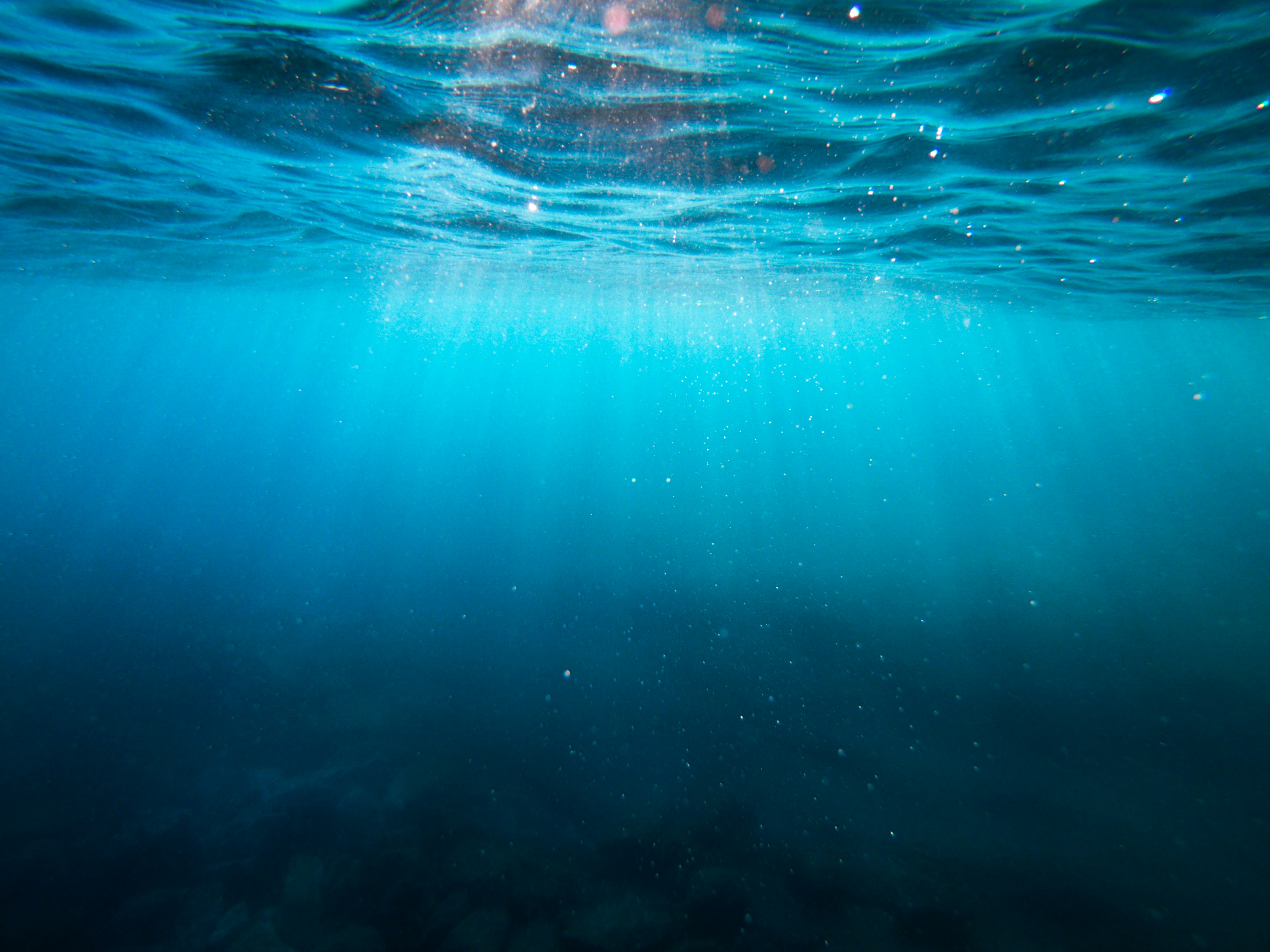Media release
From:
- Picky eaters - Microplastic pollution could make Antarctic krill more likely to reject food. Krill create compact masses, “boluses”, of rejected food, which sink quickly. Researchers studying how this process could impact carbon transport to the deep ocean found bolus formation increases when food was abundant. However, when plastic particles were accidentally introduced (via cleaning sponge) they found rejections rose threefold. While excluded from this analysis, the researchers warn rising microplastic pollution poses a potential concern. Biology Letters
Antarctic krill are small marine animals that play an important role in the ocean’s food web and carbon cycle. This study shows that when krill feed, they can form and then reject compact food masses called "boluses." These boluses sink can quickly, sometimes faster than krill faecal pellets, and may help transport carbon to the deep ocean. Bolus formation increases when food is too abundant or when particles like plastic are caught in their feeding basket. This previously overlooked behaviour may affect how carbon is cycled in the Southern Ocean and raises concerns about the impact of pollution on krill.



 Australia; TAS
Australia; TAS



